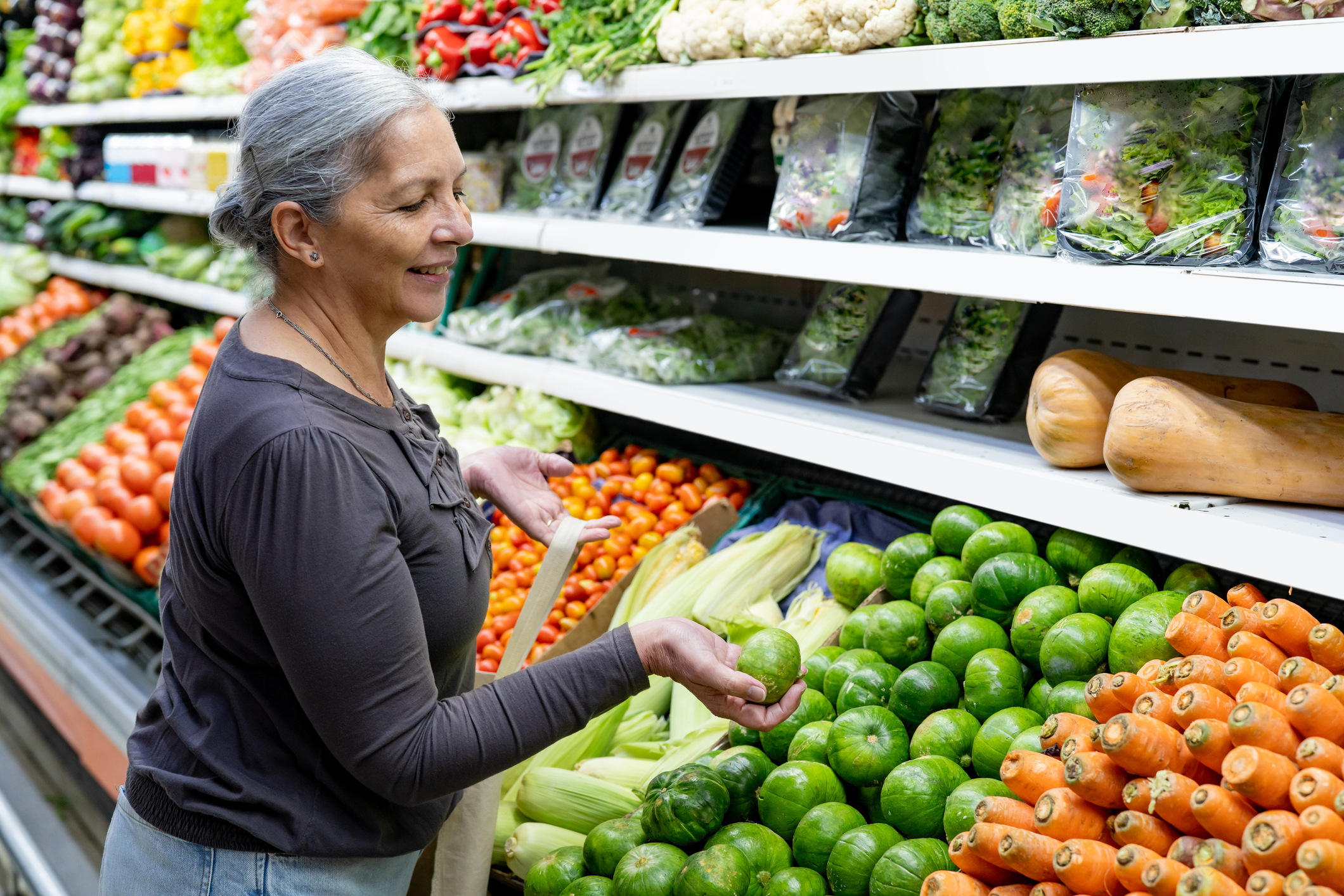Get Easy Health Digest™ in your inbox and don’t miss a thing when you subscribe today. Plus, get the free bonus report, Mother Nature’s Tips, Tricks and Remedies for Cholesterol, Blood Pressure & Blood Sugar as my way of saying welcome to the community!
8 ways to eat for health without breaking the bank

Despite what you may have heard, you don’t have to pay a fortune to eat healthy. Follow the right path, and you may even find you save money by foregoing the ‘convenient’ health risks of processed foods.
Megan Kimble, a writer who focuses on health and food in Tucson, Arizona, spent a year researching how to eat an unprocessed diet on a tight budget and has written a book about it entitled Unprocessed: My City-Dwelling Year of Reclaiming Real Food. She is also the managing editor of Edible Baja Arizona, a Tucson food magazine.
Technically, Kimble didn’t eat a pure paleo diet in her year of eating unprocessed food, but in her efforts at consuming these types of items, she came pretty close.
She says her motivation to go a year without eating processed food was motivated by the thought: “Today, many of us are stuck between knowing what we should do and feeling like we don’t have enough time or money to do it. Eating unprocessed was my attempt to find another way in, unburdened by ‘should do,’ focused instead on ‘can do.’”
Eight tips for affordable, unprocessed meals
Kimble found that a basic technique for helping you eat a less processed diet – and this also generally applies to eating a paleo diet – is to figure out what new habits you need to incorporate into your daily routines to make this change easier. In this effort, you should:
- Constantly read food labels: Don’t buy any packaged food without reading the ingredient list. And if the ingredient list includes words you don’t recognize, the food is probably unacceptable in an unprocessed or paleo diet. Other additives to avoid, says Kimble, include added gums, sugars, preservatives, artificial sweeteners, high fructose corn syrup and soy lecithin. (Although I allow myself a few foods with lecithin, such as dark chocolate.)
- Buy foods that have no additives. Aside from fruits and vegetables, these include things like honey and oats – although if you’re eating strictly paleo, grains such as oats are not allowed.
- Buy brands of food that you know are reliably gluten-free or unprocessed. Kimble says she relies on Lara bars — bars that consist of dried fruits and nuts. I often eat the Ozuke brand of kimchi (spicy fermented vegetables) that I know helps my digestion and is paleo-friendly.
- In your kitchen, cook up additive-free treats and desserts that can replace the processed foods that you might otherwise buy. Don’t buy yogurt with added sugar and flavorings. Instead, if you’re a yogurt eater, buy plain yogurt (or make your own) and add honey and fruit. For dessert, instead of buying cookies, you can have something like almond butter with chocolate chips added. Instead of purchasing French fries, you can cook sliced potatoes, or sweet potatoes, in the oven with coconut oil on them.
- In the kitchen, prepare large lots of vegetables on the weekend. Then refrigerate or freeze portions and have them available to defrost for meals throughout the week.
- Join a Community Supported Agriculture (CSA) program in your neighborhood. CSA’s are organizations located around the country that can help you connect with a local farmer to buy fruits and vegetables.
- Before you go on a trip, pack unprocessed foods to take, and research what sources of unprocessed and paleo foods are located at your destination.
- Don’t be a fanatic about eating unprocessed foods or staying on a paleo diet 100 percent of the time. But there’s an important caveat: If you have serious food issues, like celiac disease or other sensitivities or autoimmune problems, you should stay on the diet to avoid health complications.
Automatic pilot
Kimble tells Health.com: “… I found that once I got going and formed new habits and figured out favorite meals, (eating unprocessed) became automatic.”
Your paleo diet or unprocessed eating plan may never become exactly automatic, but it should become easier with practice. And it will indubitably lead you to improved health.












